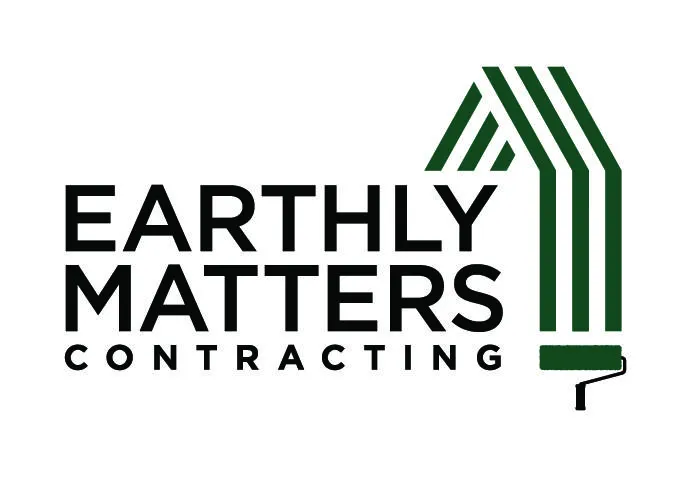We use cookies to improve your experience on our site. By using our site, you consent to the use of cookies. Rejecting cookies will prevent non-essential cookies from loading.
Contact Us
Contact Us
Ready to Work With Us?
Country
- Afghanistan
- Albania
- Algeria
- American Samoa
- Andorra
- Angola
- Anguilla
- Antarctica
- Antigua and Barbuda
- Argentina
- Armenia
- Aruba
- Australia
- Austria
- Azerbaijan
- Bahamas
- Bahrain
- Bangladesh
- Barbados
- Belarus
- Belgium
- Belize
- Benin
- Bermuda
- Bhutan
- Bolivia
- Bosnia and Herzegovina
- Botswana
- Bouvet Island
- Brazil
- British Indian Ocean Territory
- Brunei Darussalam
- Bulgaria
- Burkina Faso
- Burundi
- Cambodia
- Cameroon
- Canada
- Cape Verde
- Cayman Islands
- Central African Republic
- Chad
- Chile
- China
- Christmas Island
- Cocos (Keeling) Islands
- Colombia
- Comoros
- Congo
- Congo, The Democratic Republic of the
- Cook Islands
- Costa Rica
- Cote D"Ivoire
- Croatia
- Cuba
- Cyprus
- Czech Republic
- Denmark
- Djibouti
- Dominica
- Dominican Republic
- Ecuador
- Egypt
- El Salvador
- Equatorial Guinea
- Eritrea
- Estonia
- Ethiopia
- Falkland Islands (Malvinas)
- Faroe Islands
- Fiji
- Finland
- France
- French Guiana
- French Polynesia
- French Southern Territories
- Gabon
- Gambia
- Georgia
- Germany
- Ghana
- Gibraltar
- Greece
- Greenland
- Grenada
- Guadeloupe
- Guam
- Guatemala
- Guernsey
- Guinea
- Guinea-Bissau
- Guyana
- Haiti
- Heard Island and McDonald Islands
- Holy See (Vatican City State)
- Honduras
- Hong Kong
- Hungary
- Iceland
- India
- Indonesia
- Iran, Islamic Republic Of
- Iraq
- Ireland
- Isle of Man
- Israel
- Italy
- Jamaica
- Japan
- Jersey
- Jordan
- Kazakhstan
- Kenya
- Kiribati
- Korea People's Democratic Republic
- Republic of Korea
- Kuwait
- Kyrgyzstan
- Land Islands
- Lao People's Democratic Republic
- Latvia
- Lebanon
- Lesotho
- Liberia
- Libyan Arab Jamahiriya
- Liechtenstein
- Lithuania
- Luxembourg
- Macao
- North Macedonia
- Madagascar
- Malawi
- Malaysia
- Maldives
- Mali
- Malta
- Marshall Islands
- Martinique
- Mauritania
- Mauritius
- Mayotte
- Mexico
- Federated States of Micronesia
- Moldova, Republic of
- Monaco
- Mongolia
- Montenegro
- Montserrat
- Morocco
- Mozambique
- Myanmar
- Namibia
- Nauru
- Nepal
- Netherlands
- New Caledonia
- New Zealand
- Nicaragua
- Niger
- Nigeria
- Niue
- Norfolk Island
- Northern Mariana Islands
- Norway
- Oman
- Pakistan
- Palau
- Palestinian Territory, Occupied
- Panama
- Papua New Guinea
- Paraguay
- Peru
- Philippines
- Pitcairn
- Poland
- Portugal
- Puerto Rico
- Qatar
- Reunion
- Romania
- Russian Federation
- Rwanda
- Saint Helena
- Saint Kitts and Nevis
- Saint Lucia
- Saint Pierre and Miquelon
- Saint Vincent and the Grenadines
- Samoa
- San Marino
- Sao Tome and Principe
- Saudi Arabia
- Senegal
- Serbia
- Seychelles
- Sierra Leone
- Singapore
- Slovakia
- Slovenia
- Solomon Islands
- Somalia
- South Africa
- South Georgia and the South Sandwich Islands
- Spain
- Sri Lanka
- Sudan
- Suriname
- Svalbard and Jan Mayen
- Eswatini
- Sweden
- Switzerland
- Syrian Arab Republic
- Taiwan
- Tajikistan
- Tanzania, United Republic of
- Thailand
- Timor-Leste
- Togo
- Tokelau
- Tonga
- Trinidad and Tobago
- Tunisia
- Turkey
- Turkmenistan
- Turks and Caicos Islands
- Tuvalu
- Uganda
- UK
- Ukraine
- United Arab Emirates
- United States
- United States Minor Outlying Islands
- Uruguay
- Uzbekistan
- Vanuatu
- Venezuela
- Vietnam
- Virgin Islands, British
- Virgin Islands, U.S.
- Wallis and Futuna
- Western Sahara
- Yemen
- Zambia
- Zimbabwe
- No elements found. Consider changing the search query.
- List is empty.
- Referral
- Angi
- Nextdoor
- Newsletter
- Repeat
- Website
- Saw Crew
- Yard Sign
- No elements found. Consider changing the search query.
- List is empty.
I Consent to Receive SMS Notifications, Alerts & Occasional Marketing Communication from Earthly Matters. Message frequency varies. Message & data rates may apply. You can reply STOP to unsubscribe at any time.

1360 Union Hill Rd. Suite 1E Alpharetta, Ga. 30004
770-346-0203



